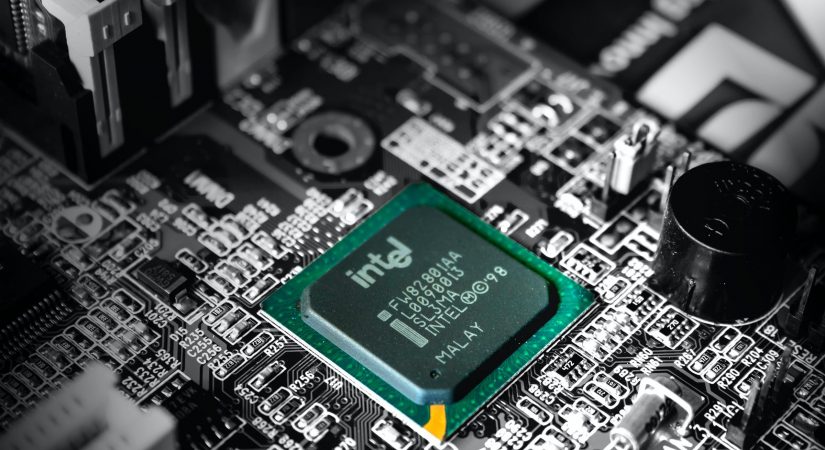Chipmaker Intel Corporation (INTC.O) announced the discontinuation of its Bitcoin mining chip series, Blockscale, just a year after its launch. This move comes amid a sharp downturn in the cryptocurrency market, which has negatively impacted several chip companies, including Nvidia Corporation (NVDA.O), whose high-end graphics chips became popular for crypto mining.
In a statement, Intel said that it expects to stop accepting orders for the Blockscale series by October 20, 20XX, and end shipping by April 20, 20XX. This decision is part of the company’s plan to prioritize investments in IDM 2.0, which involves outsourcing its chip-making to external customers while ramping up the production of smaller and faster chips.
What does this development mean for the crypto industry, and what impact will it have on the market?
The Downsides of Bitcoin Mining Chips
Bitcoin mining chips, including those produced by Intel, consume a lot of energy, which has been a growing concern among environmentalists. This concern is because the production of electricity from non-renewable sources is contributing to global warming. As a result, many countries are considering banning Bitcoin mining altogether, and several cryptocurrency exchanges are moving towards more energy-efficient blockchains.
Intel’s decision to discontinue its Bitcoin mining chips is a clear indication that the company recognizes the changing tides and is aligning its business strategy accordingly. However, this move is unlikely to have a significant impact on the cryptocurrency market, as there are still several other companies producing mining chips, including Bitmain and Canaan Creative.
The Future of Cryptocurrency Mining
Intel’s statement indicated that the company would continue to monitor market opportunities in the cryptocurrency space. This suggests that the company may be exploring other opportunities in the crypto industry, such as developing more energy-efficient mining chips or investing in blockchain technology.
Moreover, with the increasing demand for faster and more efficient blockchain technology, it is possible that Intel may shift its focus to other areas of the crypto industry. For example, the company could explore opportunities in developing more powerful processors for use in decentralized finance (DeFi) applications or NFT marketplaces.
Final Thoughts
While Intel’s decision to discontinue its Bitcoin mining chips series is a significant development, it is unlikely to have a major impact on the cryptocurrency market. As the industry continues to evolve, it is essential for companies to adapt to the changing tides and explore new opportunities to stay ahead of the competition. With its strong track record of innovation and technological prowess, Intel is well-positioned to capitalize on emerging trends in the crypto industry and continue to be a major player in the space.
Read also: Gordon Moore, Intel Co-Founder and Creator of Moore’s Law, Passes Away at 94
It appears to be a lengthy, icy, contagious winter ahead of us in the crypto world.
